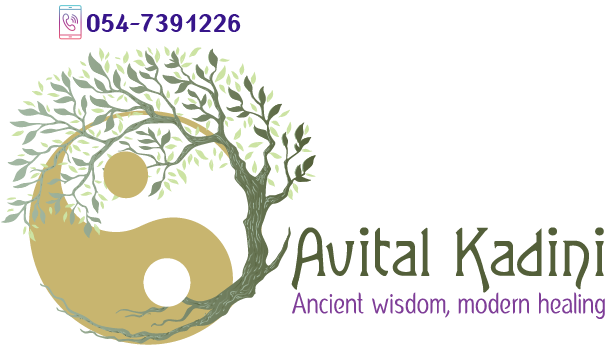Thyroid Imbalance: Weight Gain, Hair Loss, Depression, Cold/Heat Intolerance, and More
Thyroid imbalance can have a profound impact on various aspects of health and well-being. The thyroid gland, located at the base of the neck, plays a crucial role in regulating metabolism, energy levels, and overall bodily functions. When the thyroid is not functioning correctly, it can lead to a range of symptoms that significantly affect daily life.
Common Symptoms of Thyroid Imbalance
- Weight Gain
- Hypothyroidism: An underactive thyroid slows down metabolism, often resulting in unexplained weight gain and difficulty losing weight despite dietary and exercise efforts.
- Hyperthyroidism: An overactive thyroid can cause unexpected weight loss, even when appetite and food intake remain the same or increase.
- Hair Loss
- Thyroid hormones are essential for maintaining healthy hair follicles. Imbalances, particularly hypothyroidism, can lead to hair thinning and loss, with hair becoming dry, brittle, and prone to falling out more easily.
- Depression
- Both hypothyroidism and hyperthyroidism can affect mood and mental health. Hypothyroidism is often associated with feelings of depression, fatigue, and low energy, while hyperthyroidism can lead to anxiety, irritability, and restlessness.
- Cold/Heat Intolerance
- Hypothyroidism: Individuals with an underactive thyroid often feel excessively cold, even in warm environments, due to a slower metabolism and decreased heat production.
- Hyperthyroidism: Conversely, those with an overactive thyroid may experience heat intolerance and excessive sweating.
- Additional Symptoms
- Other common symptoms of thyroid imbalance include fatigue, dry skin, muscle weakness, changes in menstrual patterns, and cognitive difficulties such as memory issues.
How Traditional Chinese Medicine (TCM) Can Help
Traditional Chinese Medicine (TCM) offers a holistic approach to managing thyroid imbalances by addressing the root cause of the symptoms and restoring balance within the body. Here are some ways TCM can help:
- Acupuncture
- Acupuncture involves the insertion of fine needles into specific points on the body to regulate energy flow (qi) and promote healing. For thyroid imbalances, acupuncture can help improve thyroid function, reduce inflammation, and alleviate symptoms such as depression, fatigue, and cold/heat intolerance.
- Herbal Medicine
- TCM practitioners often prescribe herbal formulas tailored to the individual’s specific symptoms and constitution. Herbs such as ginseng, licorice root, and ashwagandha can support thyroid function, enhance metabolism, and improve overall energy levels.
- Dietary Therapy
- TCM emphasizes the importance of diet in maintaining health. Foods that nourish the spleen and kidney systems, which are linked to thyroid health in TCM, can be beneficial. This includes whole grains, lean proteins, and a variety of vegetables. Avoiding processed foods and excess sugar is also recommended.
- Lifestyle Adjustments
- Stress management techniques such as tai chi, qigong, and meditation are integral parts of TCM. These practices help reduce stress, which can negatively impact thyroid function. Adequate rest and maintaining a balanced lifestyle are also crucial.
- Cupping and Moxibustion
- These therapies can complement acupuncture by improving blood flow and energy circulation. Cupping can help relieve muscle tension and improve blood flow, while moxibustion involves burning herbal sticks near specific points on the body to warm and invigorate the flow of qi.
Conclusion
Thyroid imbalances can cause a wide array of symptoms that disrupt daily life, but Traditional Chinese Medicine offers effective and holistic approaches to managing these conditions. By focusing on restoring balance and harmony within the body, TCM can help alleviate symptoms such as weight gain, hair loss, depression, and cold/heat intolerance, leading to improved overall health and well-being.
If you or someone you know is struggling with thyroid imbalance, consider exploring the benefits of Traditional Chinese Medicine as a complementary approach to conventional treatments.

